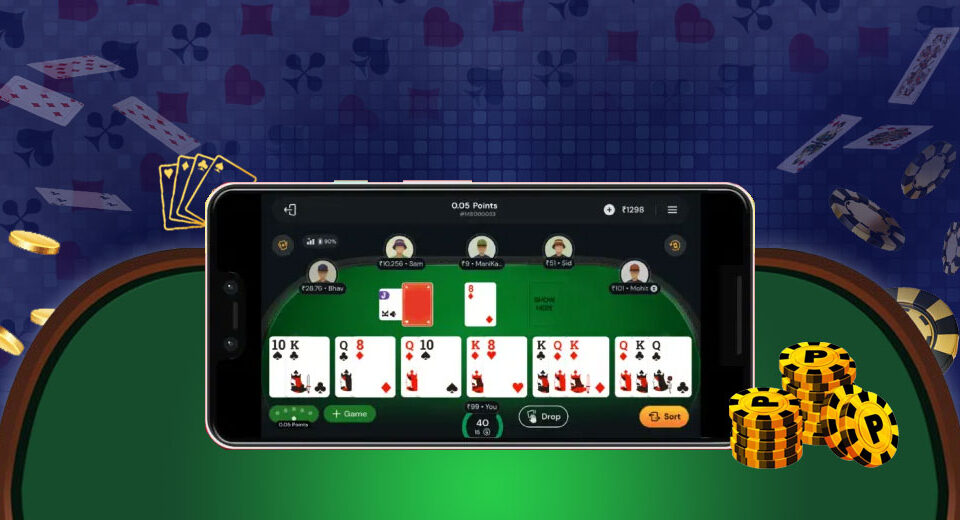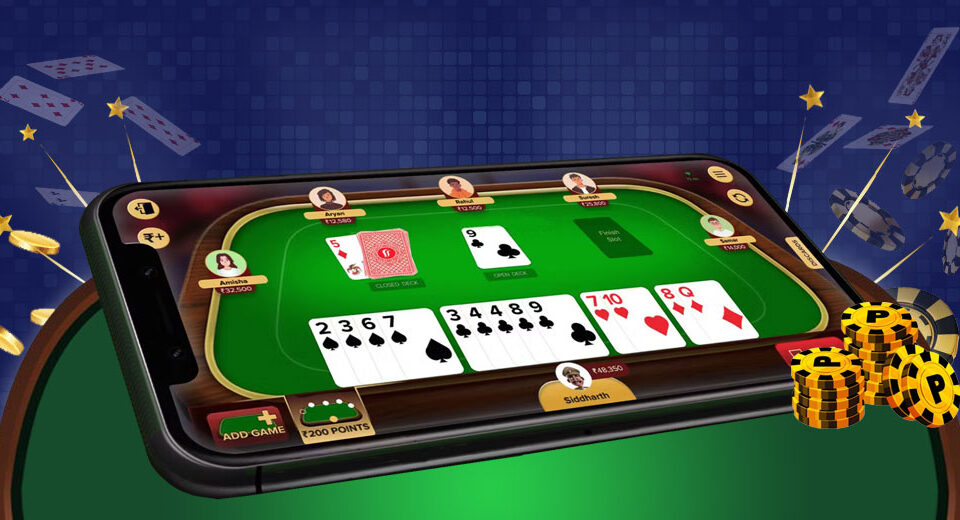Managing a Tough Hand in 201 Pool Rummy
Every rummy player eventually faces a hand that looks difficult right from the start - too many high-value cards, no clear sequences, or missing jokers. In 201 Pool Rummy, where survival depends on keeping your points below the limit across several rounds, managing such hands becomes crucial. The format isn’t about quick wins but sustained strategic decision-making. Dealing with unfavourable hands without allowing your score to spike requires a mix of foresight, risk control, and calm gameplay. Mastering these scenarios ensures you don’t fall behind in a long-format online rummy game, even when luck doesn’t favour your draw.
Evaluate Before You Act
The first step in managing a difficult hand is quick evaluation. Scan the cards for a potential pure sequence - this is your foundation, and without it, you can’t declare legally. If there’s no immediate path, assess if a pure sequence can be built with minimal risk. Next, consider the number of unmatched high cards in your hand. A tough hand filled with face cards or disconnected values should not be dragged for long. A swift decision - whether to go for a first drop or cautiously play a few rounds - is what separates skilled players from the rest in Indian Rummy.
Drop as a Defence, Not a Defeat
A common misconception in Pool Rummy is that dropping early is a loss. In reality, it’s often a smart move - especially with 201 points in play. If your hand lacks jokers, has no low cards, and doesn’t allow for early sequence formation, the first drop (worth 20 points) is better than a full-hand loss (up to 80 points). Dropping gives you a clean slate for the next round. Managing a bad hand isn’t just about playing it out; it’s also knowing when not to play at all. Strategic patience, especially in 201 Pool Rummy, is key to long-term survival.
Use Middle Drops to Minimise Losses
If you've already begun the round and realise you won’t reach a viable combination in the next few turns, the middle drop becomes your safety net. The cost is 40 points - still far less than a full hand. Watch how your opponents are playing. If you see quick progress on their side and your hand is still unstable, taking a middle drop protects your score. Timing here is vital. Waiting too long might force a full-hand penalty. Experienced Indian rummy card game players understand that retreating early often allows for a stronger comeback later.
Discard Smartly to Reduce Your Risk
Holding on to high cards like Kings, Queens, or Aces while waiting for a match is risky in Pool Rummy. In a tough hand, you should immediately begin discarding high-value cards that aren’t likely to fit into sequences. Replace them with low cards or those that are closer to forming a meld. Also, avoid discarding cards that could help opponents - cards adjacent to open pile picks or cards recently dropped by them are risky. In difficult rounds, survival often depends more on careful discards than aggressive plays.
Look for Temporary Combinations
Sometimes, forming permanent sequences or sets isn’t immediately possible. But temporary combinations - like a run of two consecutive cards or a pair - can offer flexibility. These partial melds help you structure your hand while you wait for critical cards. In tough hands, managing your structure round by round can eventually lead to a surprise declaration if a key draw or joker arrives. Stay composed, and always work towards keeping your points as low as possible, even if a declaration feels far away.
Keep Track of Running Scores
One of the most overlooked aspects in tough hand management is keeping an eye on the scoreboard. In 201 Pool Rummy, it’s not just your current hand that matters, but your total cumulative score. If you’re close to 150 points or above, risk tolerance should be low. A first or middle drop is usually wiser. However, if your score is well below the threshold, and your hand has potential, you may take calculated risks. Knowing your standing helps you make decisions that are not just hand-specific but game-smart.
Adaptability Leads to Survival
Each tough hand is different, and rigid strategies rarely work. What’s required is adaptability - being able to switch from offence to defence and back. A player who tries to force every round into a win will likely get eliminated quickly in Pool Rummy. But someone who learns to lose small, reduce risks, and play patiently when the cards are not in favour will stay longer, survive more rounds, and find their moment to turn the game.
Conclusion: A tough hand doesn’t lose the game - your reaction to it decides everything.
Managing a tough hand in 201 Pool Rummy isn’t about turning every deal into a victory - it’s about reducing damage, buying time, and playing the long game. The format punishes impatience and rewards smart, measured decisions. By dropping at the right time, minimising high-card exposure, and staying alert to shifting dynamics at the table, you can turn even the most difficult hand into a manageable one. With composure and adaptability, Indian rummy card game becomes less about bad hands and more about brilliant responses.




